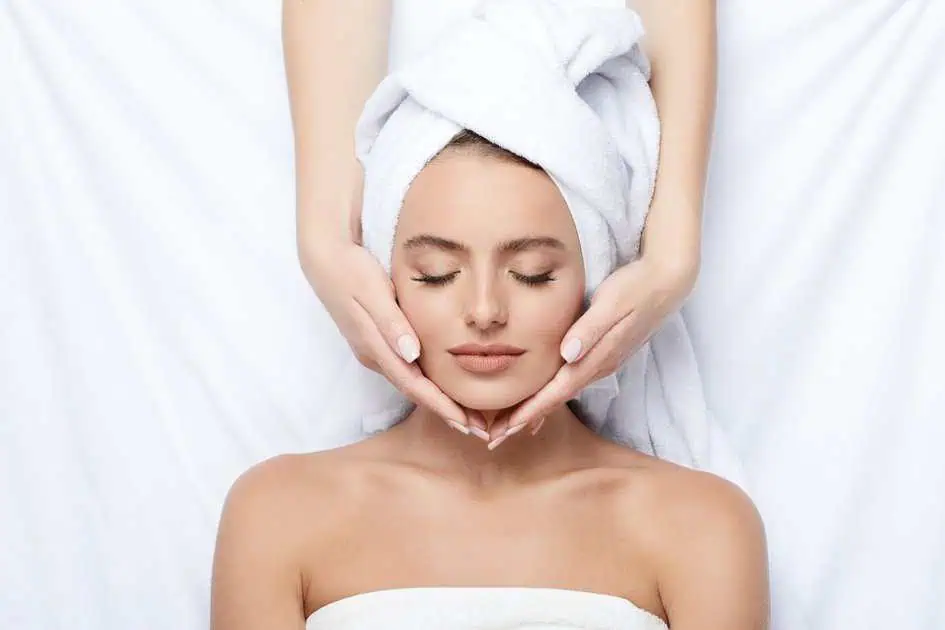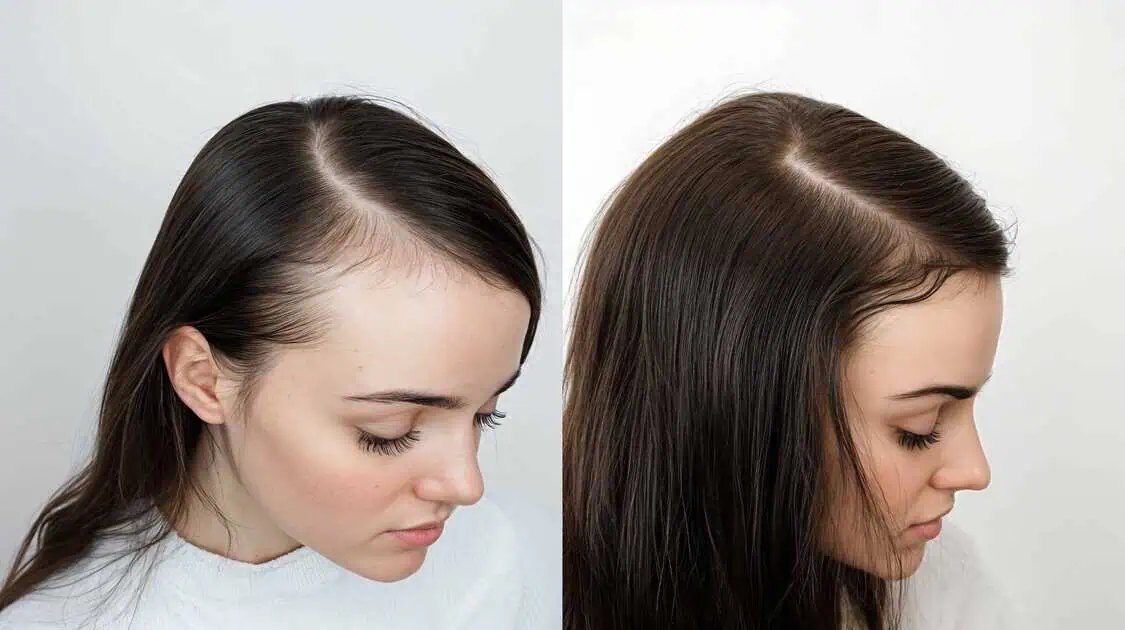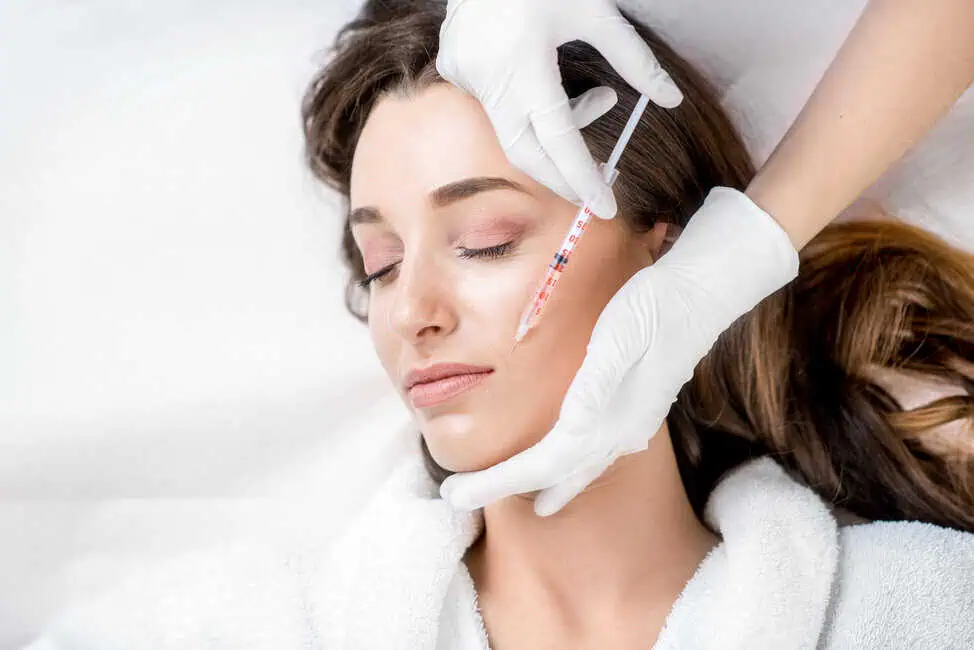Why is Microneedling in demand?
Microneedling has gained significant popularity and demand due to its effectiveness in addressing various skincare concerns and providing noticeable results. Here are some reasons why microneedling is in demand:
- Versatility: Microneedling can treat many skin issues, including fine lines and wrinkles, acne scars, enlarged pores, stretch marks, and skin texture and tone. This versatility makes it appealing to a broad audience with different skincare concerns.
- Minimally Invasive: Microneedling is a less invasive procedure involving tiny needles to create controlled micro-injuries in the skin, triggering the body’s natural healing processes and producing collagen and elastin essential for healthy and youthful-looking skin. Since it doesn’t involve surgery or significant downtime, it’s an attractive option for those seeking less invasive skincare treatments.
- Results: Many individuals have reported significant improvements in their skin appearance after undergoing microneedling treatments, including smoother skin texture, reduced appearance of scars, and overall skin rejuvenation. Visible results contribute to the popularity of the procedure.
- Suitable for Various Skin Types and Tones: Microneedling is generally safe and effective for various skin types and tones. Unlike other treatments that might carry a higher risk of adverse effects for individuals with certain skin types, microneedling is considered relatively inclusive.
- Complementary to Other Treatments: Microneedling can be combined with other skincare treatments such as serums, PRP (Platelet-Rich Plasma), and hyaluronic acid, which can enhance the overall results and address specific concerns.
- Non-Chemical Approach: Microneedling stimulates the body’s natural healing processes, appealing to those who prefer a non-chemical approach to skincare.
- Long-Term Benefits: Recalling collagen and elastin triggered by microneedling improves the skin’s appearance, meaning that the results of a series of treatments can be long-lasting and progressive.
- Increasing Awareness and Accessibility: As the skincare industry evolves and information becomes more accessible, people are becoming more aware of various treatment options. Microneedling is now more widely known and available, contributing to its increasing demand.
Is Microneedling for everyone?
While microneedling is a versatile and effective skincare procedure, it may not suit everyone. Certain factors must be considered before undergoing microneedling to ensure safety and optimal results.
On top of our considerations is the skin type and tone. Microneedling is generally safe for various skin types and tones, but individuals with certain skin conditions, such as active infections, open wounds, or severe eczema, might not be suitable candidates. People with darker skin tones need to be cautious, as there is a risk of post-inflammatory hyperpigmentation if the procedure is not performed correctly. Next is pregnancy and breastfeeding. Microneedling is generally not recommended for pregnant or breastfeeding individuals due to the potential risks associated with any cosmetic procedure during these periods. Medical history is also crucial because individuals with a history of keloids, hypertrophic scars, or other abnormal wound-healing responses might not be good candidates for microneedling. Additionally, you should consult a healthcare professional before undergoing the procedure if you have a history of bleeding disorders, autoimmune diseases, or immunosuppressive medications.
Individuals with active acne outbreaks or infections in the treatment area should also postpone microneedling until the skin has fully healed. If you have recent sun exposure or tanning, it can increase the risk of adverse effects from microneedling. It’s recommended to avoid sun exposure and tanning for a period before and after the procedure. Lastly, if you have recently undergone other cosmetic procedures, such as laser treatments or chemical peels, it’s essential to consult with your skincare professional before scheduling a microneedling session, as combining treatments might increase the risk of complications.
How safe is Microneedling?
Microneedling is generally considered safe when a trained and experienced skincare professional uses appropriate techniques and sterile equipment. Here’s what you must ensure during the microneedling procedure:
To start, you need some professional expertise. The safety of microneedling largely depends on the expertise of the professional performing the procedure. It’s essential to have the process done by a licensed dermatologist, plastic surgeon, or trained skincare professional knowledgeable about the technique, equipment, and safety protocols. It’s also wise to ensure sterile equipment: The needles used in microneedling should be clean, single-use hands, minimizing the risk of infection and ensuring the procedure is conducted in a sanitary manner. There can also be some skin reactions; some redness, mild swelling, and sensitivity are common immediately after microneedling. These side effects usually subside within a few days. However, improper technique or inadequate post-care can lead to more severe reactions, including infection, scarring, and prolonged redness.
In post-treatment care, following proper aftercare instructions is crucial to ensure optimal healing and minimize the risk of complications, including avoiding sun exposure, using recommended skincare products, and avoiding activities that irritate the treated skin. However, there can also be pigmentation issues, as individuals with darker skin tones might be at a slightly higher risk of post-inflammatory hyperpigmentation (skin darkening) if microneedling is not performed correctly. Individuals with darker skin tones must choose experienced professionals familiar with treating diverse skin types. Moreover, some sensitive skin might react more vitally to microneedling. Communicating any discomfort or excessive reaction to your skincare professional during and after the procedure is essential.
Ways to improve skin rejuvenation
Improving skin rejuvenation involves a combination of proper skin care, lifestyle choices, and potentially cosmetic treatments. Here are several ways to enhance the process of skin rejuvenation:
- Healthy Diet: A balanced and nutritious diet rich in vitamins, minerals, antioxidants, and essential fatty acids supports skin health. Foods like fruits, vegetables, whole grains, lean proteins, and healthy fats provide the building blocks for vibrant skin.
- Skincare Routine: Establish a skincare routine tailored to your skin type and concerns. Include a gentle cleanser, moisturizer, and sunscreen in the morning, and consider adding products with ingredients like retinoids, vitamin C, hyaluronic acid, and peptides for evening use.
- Adequate Sleep: Getting enough quality sleep allows your body to repair and regenerate cells, contributing to healthier skin.
- Stress Management: Chronic stress can contribute to skin problems. Use stress-reduction techniques like meditation, yoga, deep breathing, or engaging hobbies.
- Gentle Exfoliation: Exfoliation removes dead skin cells, allowing new, healthier skin to surface. Choose gentle exfoliants and avoid over-exfoliating, which can damage the skin barrier.
- Consistent Sleep Schedule: Maintaining a regular sleep schedule helps regulate the body’s internal clock, positively impacting skin health.
- Hydrating Products: Incorporate hydrating products like serums or moisturizers containing hyaluronic acid to retain moisture in the skin.
When aiming to try Microneedling, hurry at Re:forma Medspa + Fitwellness. Contact them now and experience Microneedling like never before!










